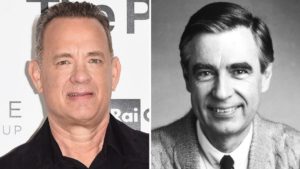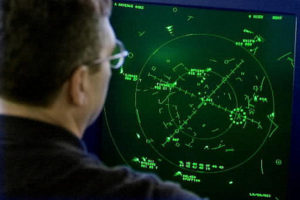Tom Hanks has become the go-to actor to portray historical — even iconic — figures.
I heard today he’s been cast in the role of Fred “Mister” Rogers in a new biopic that tells the story of how the late Presbyterian minister rose to fame as a children’s storyteller.
It’s clear to me that Hanks has emerged as the preeminent male actor of our time, or perhaps of any time.
Look at the record.
The guy has won two best-actor Oscars. Back to back!
Get a load of this, too: He’s portrayed the late U.S. Rep. Charles Wilson, with whom I became acquainted while covering him in East Texas; Chesley “Sulley” Sullenberger, the “hero of the Hudson River,” the jetliner captain who made that astonishing landing in New York — on the water; the late Ben Bradlee, the famed editor of The Washington Post; Jim Lovell, the commander of Apollo 13, the space flight known for the dramatic rescue of the three-man crew after an in-flight explosion on its way to the moon.
I spoke with Rep. Wilson not long after the 9/11 attack. I called him for some perspective on al-Qaeda, given that he worked to supply arms to the mujahadeen in their fight against the Soviet Union in Afghanistan. Wilson was damn-near giddy at the news that Tom Hanks had agreed to portray “Good Time Charlie” in the film titled “Charlie Wilson’s War.”
I never met Bradlee and I don’t know Lovell or Sulley.
Still … I give Hanks huge props for landing this opportunity to portray yet another American icon.
I am sure Mister Rogers would applaud this bit of casting.

